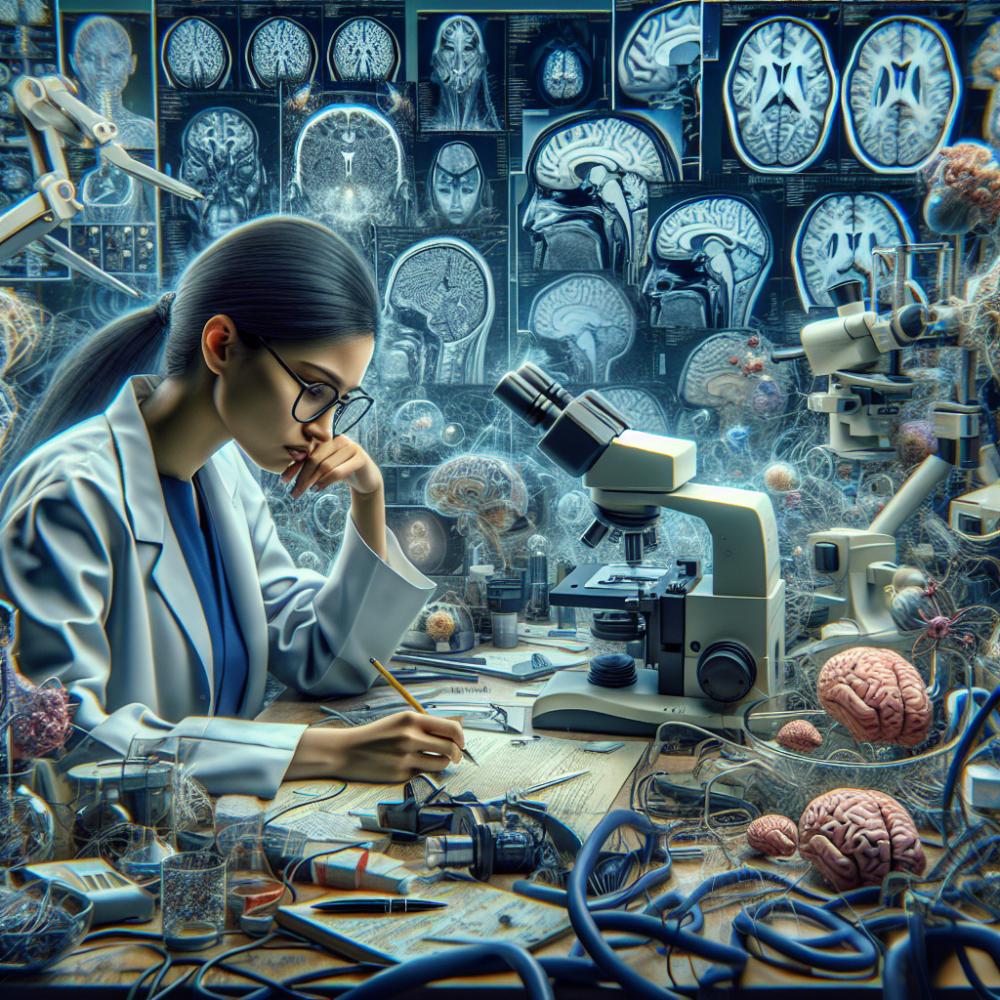Unlocking the Mysteries of the Brain: A Guide to Recent Advances in Neuroscience

Posted on: Sunday, March 3rd, 2024
The field of neuroscience has witnessed tremendous advances in recent years, shedding light on the intricate mechanisms of the human brain and nervous system. From pioneering research into neuroplasticity to breakthroughs in treating neurological disorders, the scope of discovery is vast and promising. This guide highlights the top 10 recent findings and technological innovations that are transforming our understanding of the brain. These insights not only unravel the complexities of neural functions but also pave the way for revolutionary therapies and interventions.
1. The Rise of Personalized Medicine in Neurology
Neurological treatments are becoming more personalized, thanks to advancements in genetic analysis and neuroimaging. By understanding individual genetic profiles and brain patterns, scientists can now tailor interventions and medications that are significantly more effective and have fewer side effects.
2. Breakthroughs in Neuroplasticity
Recent studies have illuminated the brain's remarkable ability to reorganize and form new neural connections throughout life. This knowledge is crucial for developing rehabilitative therapies for stroke victims and individuals with brain injuries, showing promising recovery results.
3. Advancements in Brain-Computer Interfaces (BCIs)
BCIs have made significant strides, allowing individuals with paralysis to control devices with their thoughts. This technology not only enhances the quality of life for those with severe physical limitations but also offers insights into the communication pathways of the brain.
4. Progress in Alzheimer's Disease Research
There has been notable progress in understanding the early markers of Alzheimer’s disease, enabling earlier detection and potentially slowing the progression. Innovations in imaging techniques and biomarker research are at the forefront of these advancements.
5. Deep Brain Stimulation’s Expanding Applications
Originally used for treating Parkinson's disease, deep brain stimulation is now being explored for applications in treating depression, OCD, and other psychiatric disorders. This technique offers hope for conditions that are resistant to traditional treatments.
6. The Microbiome’s Role in Neurological Health
Emerging research highlights the gut-brain axis, showing how our microbiome influences mood, cognitive function, and even the risk of neurological disorders. This opens new pathways for treating conditions like depression and anxiety through dietary changes and probiotics.
7. Advances in Non-invasive Brain Stimulation Techniques
Techniques such as transcranial magnetic stimulation (TMS) and transcranial direct current stimulation (tDCS) are proving beneficial in treating various neurological and psychiatric disorders without the need for surgery or medication.
8. Novel Approaches in Stroke Rehabilitation
Robotics and virtual reality are being integrated into rehabilitation programs for stroke survivors, providing engaging and tailored therapy that can significantly improve motor function and recovery rates.
9. Genetic Therapies for Neurological Disorders
Gene therapy has emerged as a promising approach for treating inherited neurological disorders, offering the potential to correct the underlying genetic defects causing diseases such as muscular dystrophy and certain forms of blindness.
10. The Impact of Artificial Intelligence on Neuroscience Research
AI and machine learning algorithms are revolutionizing neuroscience research, enabling the analysis of vast data sets to uncover patterns and insights that were previously impossible to detect. This has implications for understanding complex neurological diseases and developing new therapeutic strategies.
As we continue to delve deeper into the brain's mysteries, these advancements underscore the importance of interdisciplinary research and the potential for future breakthroughs that could dramatically improve human health and wellbeing. Neuroscience stands on the cusp of a new era of discovery, driven by technological innovation and a deeper comprehension of the biological underpinnings of the mind and behavior.